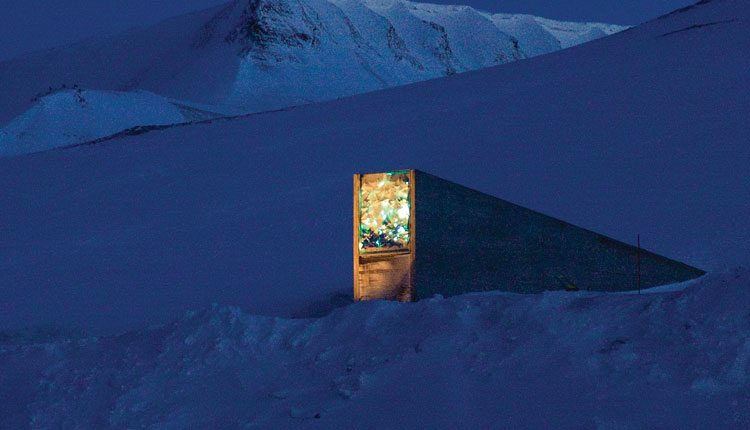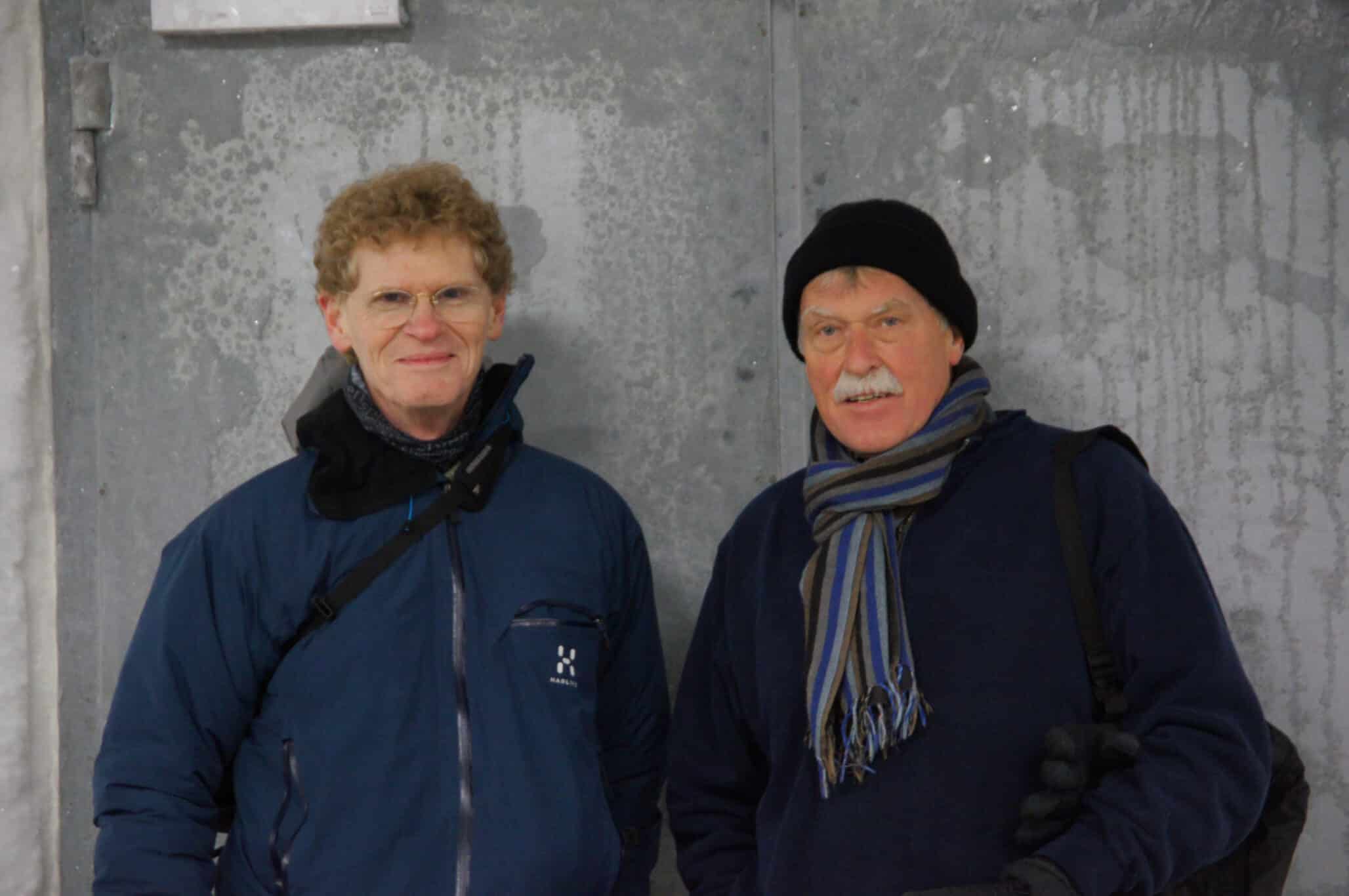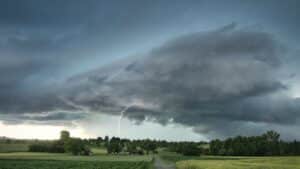The war in Syria makes it difficult for research organizations and gene banks, such as the International Center for Agricultural Research in the Dry Areas (ICARDA), to access seeds.
Currently headquartered in Beirut, Lebanon, ICARDA manages a gene bank in Aleppo, Syria. ICARDA’s GeneBank holds “in-trust” around 150,000 accessions in the active collection and distributes up to 25,000 samples a year. However, the situation in Syria has affected its genetic resources activities.
In 2014, ICARDA had duplicated more than 80 percent of its unique collection of plant genetic resources — 116,484 accesssions of germplasm — and shipped it to Norway’s Global Seed Vault.
Mahmoud Solh, ICARDA director general, shares that sets have been duplicated in several gene banks, including
CGIAR’s research centers — the International Maize and Wheat Improvement Center and the International Crops Research Institute for the Semi-Arid Tropics — and the U.S. Department of Agriculture and safe places in Germany, Turkey, Lebanon and Morocco.
“Until recently, we were using and dispatching bulk seeds of these genetic materials to meet requests from Aleppo in spite of the tough security situation,” Solh says.
As a result, in September, ICARDA requested to withdraw part of its genetic materials that had been duplicated at the Svalbard Global Seed Vault in Norway to reconstitute the active collection in both Morocco and Lebanon in large bulks to better meet incoming requests.
Due to Syria’s civil war, the Global Seed Vault, also known as the “Doomsday Vault,” will now allow a withdrawal of its contents for the first time in its existence.
Established in 2008, the vault can hold 4.5 million varieties and was built to survive rising sea levels, power outages and other events that could affect the seeds, says Brian Lainoff of The Crop Trust — the foundation that oversees the vault.
He shares that about 500 seeds of each variety are contained within the vault, and they are key to genetic resistance against potential diseases that could affect the world’s major crops. Source: ICARDA.














